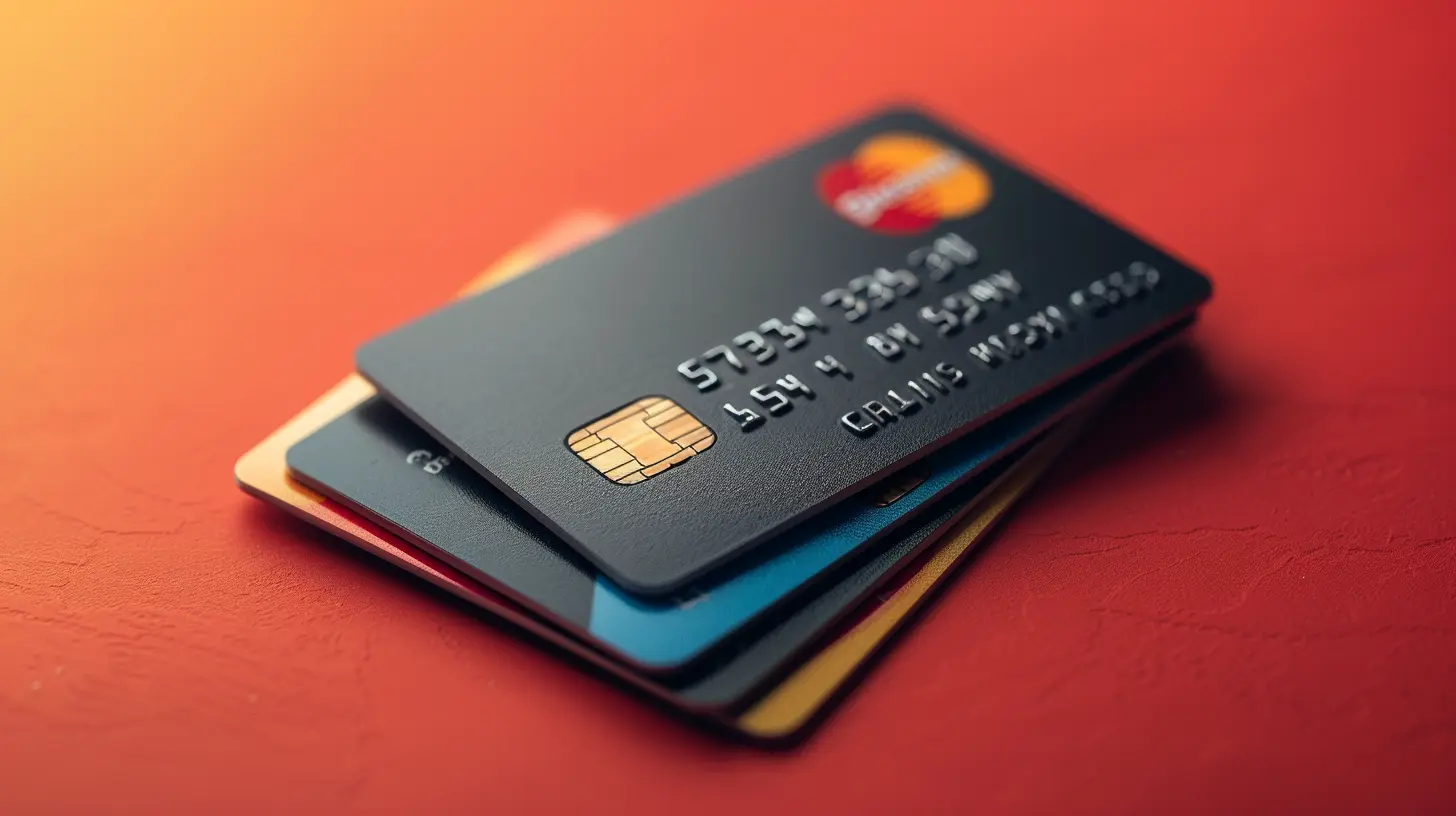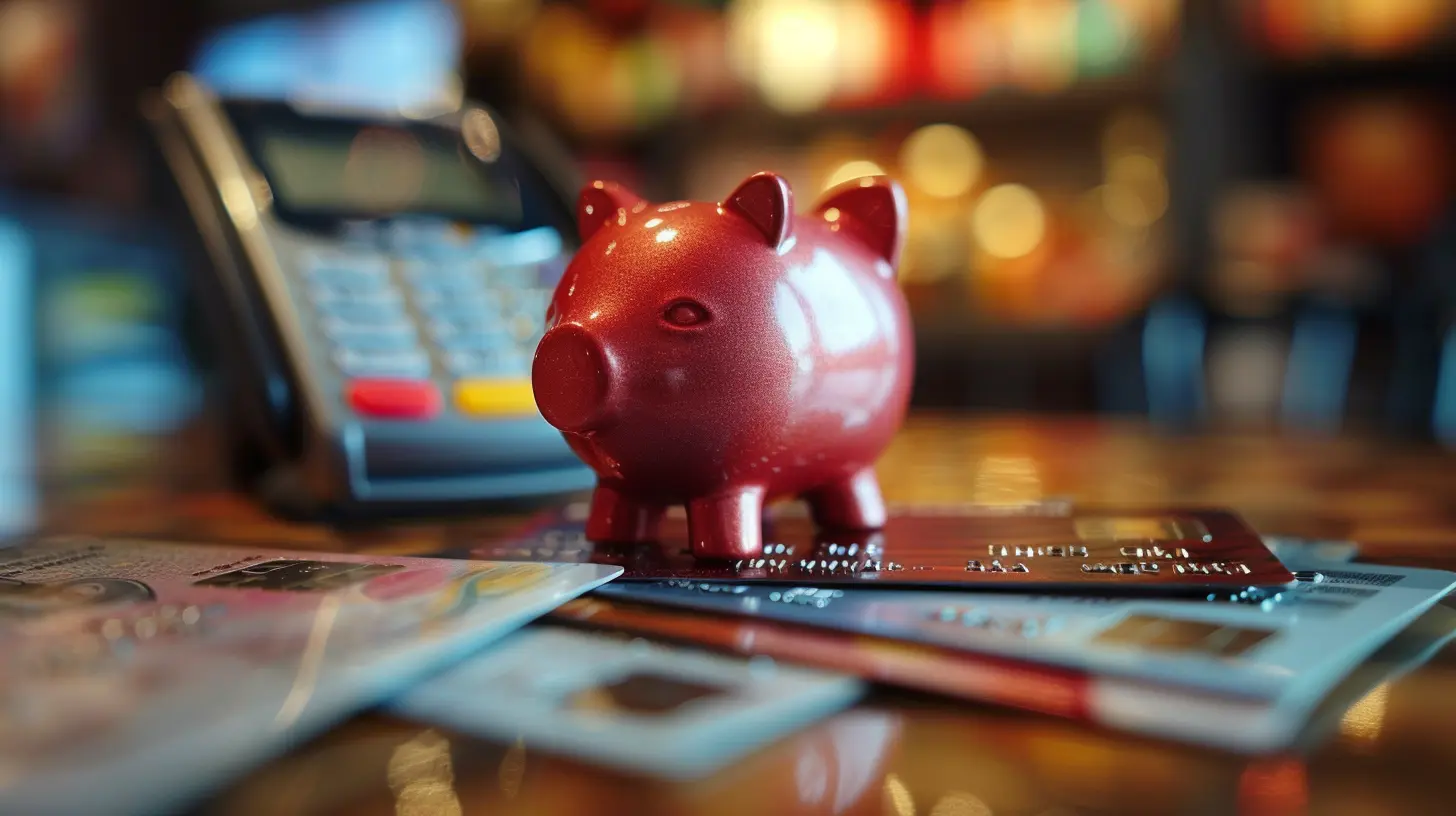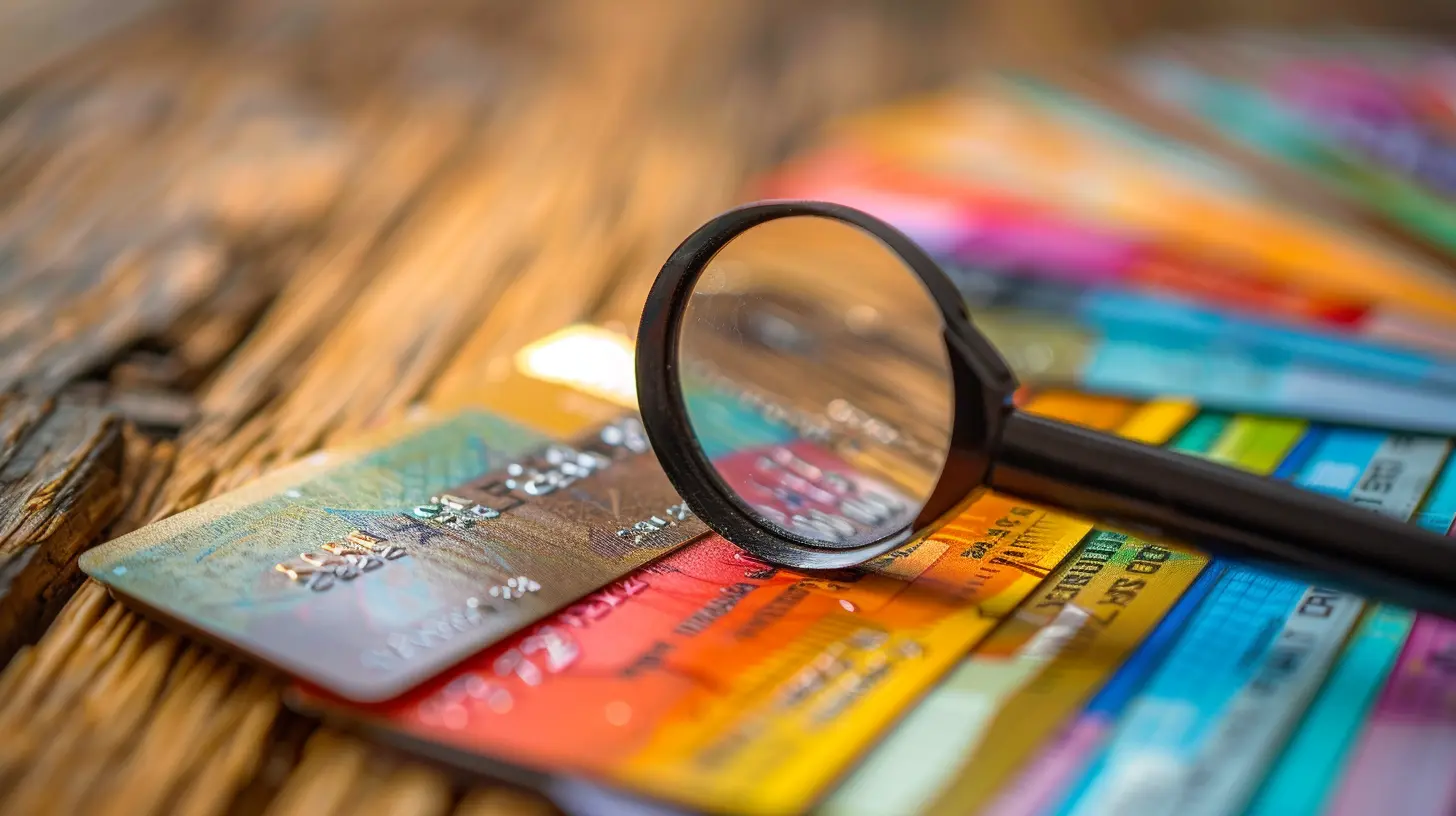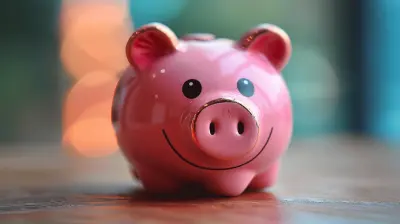The Impact of Debt on Your Credit Score and How to Fix It
16 September 2025
Let’s talk about something that’s probably lurking in the back of your mind every time you swipe your credit card or get a bill in the mail—your credit score. Yep, that three-digit number that somehow controls whether you’ll snag that dream apartment, get a car loan, or even impress your in-laws (okay, maybe not the in-laws, but you get the point).
Now, if you’ve got debt—and let’s face it, most of us do—you might be wondering how it’s messing with your credit score. Spoiler alert: it can mess with it a lot. But here's the good news: It’s not the end of the world. In fact, there are some pretty straightforward ways to fix it.
So buckle up, and let’s decode the mystery of how debt affects your credit score—and more importantly—how you can take control and set things right.
What Is a Credit Score, Anyway?
Alright, before we dive deep, let’s clear up what we’re actually talking about here.Your credit score is like your financial GPA. It's a number—usually ranging from 300 to 850—that tells lenders how "trustworthy" you are when it comes to borrowing money. The higher the score, the better you look in the eyes of banks, landlords, and sometimes even employers.
There are a few key things that influence your credit score:
- Payment history (35%) – Are you paying your bills on time?
- Amounts owed (30%) – How much debt are you carrying?
- Length of credit history (15%) – How long have you had credit?
- Credit mix (10%) – Do you have a variety of credit types?
- New credit (10%) – Have you opened a bunch of new accounts recently?
Notice how amounts owed makes up a solid 30%? That’s where debt likes to throw its weight around.
How Debt Impacts Your Credit Score
Debt isn't always a villain, but it can definitely wear a black cape if you’re not careful. Here’s how debt can drag down that magic number:1. High Credit Utilization = Major Red Flag
Credit utilization is a fancy way of saying how much of your available credit you’re using. If you’ve got a credit card with a $10,000 limit and you’re carrying a $7,000 balance, your utilization rate is 70%. That's way too high.Ideal utilization? Under 30%, thank you very much.
High credit utilization tells lenders, “Hey, I might be struggling financially,” which makes them cautious. And naturally, that lowers your credit score.
2. Late Payments Are Like Dings in Your Credit Armor
Every time you miss a payment—be it a credit card, mortgage, car loan, whatever—it gets recorded. And if it's more than 30 days late? Bam! There goes your score.Even one late payment can knock your score down by 100 points or more. Ouch, right?
3. The Type of Debt Matters
Not all debt is created equal. Revolving debt (like credit cards) tends to hurt your score more than installment debt (like student loans or mortgages) if not managed properly.Why? Because credit cards can be maxed out over and over again, which increases the risk for lenders.
4. Collections Accounts Send Red Flags
When debts go unpaid long enough, they get sent to collections. And that’s when things get ugly. A collections account sits on your credit report like a stubborn ketchup stain on white jeans. It screams “financial distress” to anyone who pulls your report.
So… How Bad Is It If I’m in Debt?
Here’s the thing—debt doesn’t automatically ruin your credit score. In fact, having some debt and using credit responsibly is actually good for your score. The problem pops up when debt becomes overwhelming and starts crushing your credit limits, going unpaid, or getting sent to collections.It’s kinda like juggling. One ball? Easy peasy. Three balls? Doable. Eighteen flaming swords? That’s when things start spiraling.
How to Fix Debt's Messy Impact on Your Credit Score
Alright, time for some good news. You can fix your credit, even if it’s gotten a little beat up by debt. Here’s how to roll up your sleeves and get started.1. Check Your Credit Report (Like, Today)
First things first. You can’t fix what you don’t know, right? Head over to AnnualCreditReport.com and get your free credit reports from all three bureaus (Equifax, Experian, and TransUnion). Comb through them like a detective looking for clues.Look for:
- Incorrect balances
- Accounts you don’t recognize
- Late payments that aren’t actually late
- Duplicate accounts
If you see something fishy, dispute it. Errors can cost you points.
2. Bring Down That Credit Utilization
This is one of the fastest ways to bump your score. Try these tricks:- Pay off cards with the highest balances first
- Ask for a credit line increase (just don’t use the extra credit)
- Transfer balances to lower-interest cards, but keep the old cards open
- Make multiple payments per month to keep balances low
3. Set Up Auto-Pay (Seriously)
If late payments are your nemesis, auto-pay is your superhero. Set up automatic minimum (or full) payments so you never miss a due date again.Pro tip: Set calendar reminders a few days before the due date so you’ve always got a heads-up.
4. Negotiate With Creditors
If you’re falling behind, don’t ghost your lenders. Give them a call and explain your situation. Many companies have hardship programs, and you might be able to work out a payment plan or settle for less than you owe.Yes—it’s awkward. But it beats sinking deeper into debt.
5. Consider a Debt Consolidation Loan
If juggling multiple debts is stressing you out, a debt consolidation loan could be your golden ticket. It rolls all your debts into one loan with one payment—often at a lower interest rate.Just be careful: this only works if you stop using your credit cards while paying off the loan. Otherwise, you’re just adding fuel to the fire.
6. Build Positive Credit History
While you're cleaning up the mess, start laying down some good foundations. Keep a credit card open and use it for small things like gas or groceries—then pay it off in full each month. This shows lenders that you’re financially responsible.Also, don’t close old credit cards—that long history works in your favor.
Long-Term Credit Habits That Actually Stick
Fixing your credit score isn’t a one-and-done kind of thing. It's like getting in shape—you’ve gotta maintain it with healthy habits.Here are a few habits that’ll keep your score soaring:
- Pay every bill on time (even the small ones)
- Keep balances low
- Avoid applying for too much new credit at once
- Monitor your report regularly
- Don’t co-sign loans unless you’re 1,000% sure about the borrower
Consistency is key. Be patient. Your credit didn’t tank overnight, and it won’t bounce back overnight either—but it will bounce back.
When to Seek Professional Help
If all this feels overwhelming—or your debt situation is more tangled than a plate of spaghetti—it might be time to call in a pro.Consider talking to:
- Credit counseling agencies – They can help you create a plan
- Debt management companies – They can negotiate with creditors on your behalf
- Financial advisors – They can guide your big-picture strategy
Just make sure they’re reputable. Look for non-profit status, check online reviews, and don’t shell out money before services are rendered.
Quick Credit Dos and Don'ts
Let’s wrap it up with a rapid-fire list of the credit commandments!✅ Do:
- Check your credit score regularly- Pay at least the minimum due on time
- Keep old accounts open
- Work with creditors before you fall too far behind
- Celebrate small wins (seriously, every point counts!)
❌ Don’t:
- Max out your credit cards- Ignore bills or collection calls
- Close old accounts just because you don’t use them
- Apply for 5 credit cards in a week
- Panic—this is fixable!
Final Thoughts: You’ve Got This!
Debt and credit scores can feel like that sticky gum on your shoe—it slows you down and makes a mess. But with the right tools (like a budget, a plan, and maybe a side hustle or two), you can clean up your credit and get back on track.Remember, your credit score isn’t who you are—it’s just a number. And like any number, it can change. So don’t stress too hard. Start small, stay consistent, and watch that score climb.
Your future self will thank you.
all images in this post were generated using AI tools
Category:
Debt ManagementAuthor:

Angelica Montgomery
Discussion
rate this article
1 comments
Clementine McLaughlin
Managing debt wisely can significantly improve your credit score over time.
September 28, 2025 at 11:45 AM

Angelica Montgomery
Absolutely! Responsible debt management is key to boosting your credit score.


